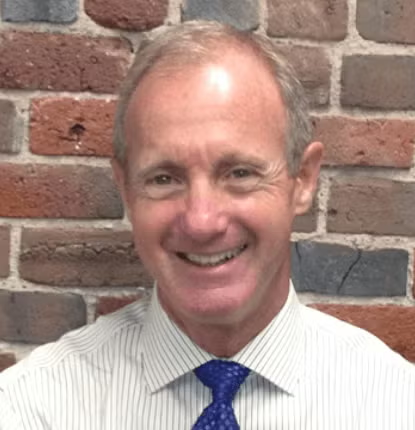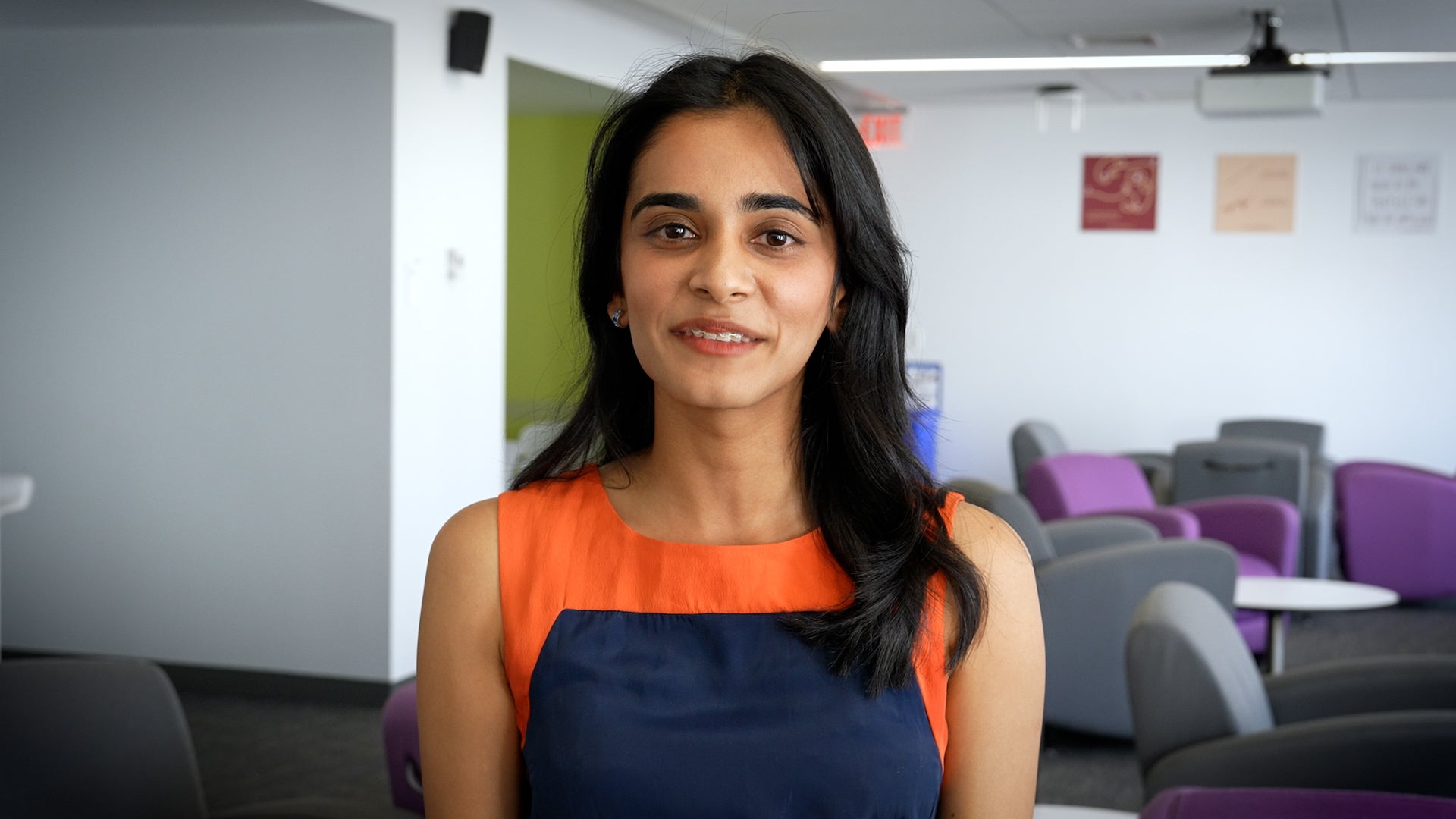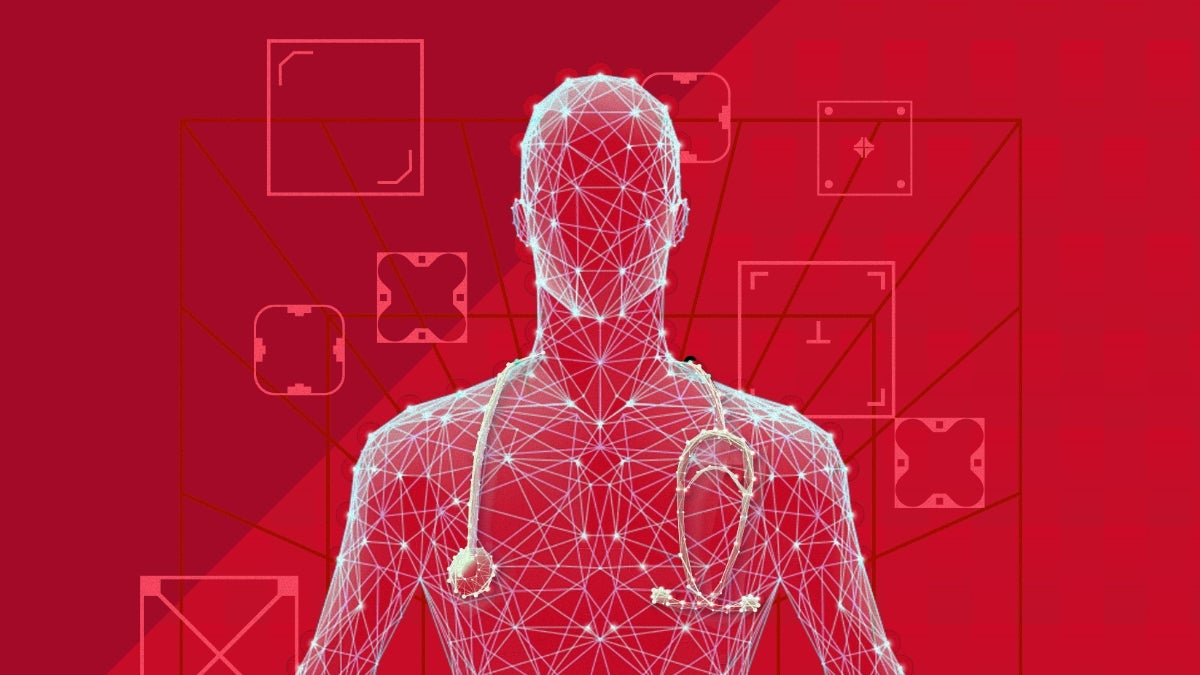MPH Generalist student makes case for the ethics of health equity programs
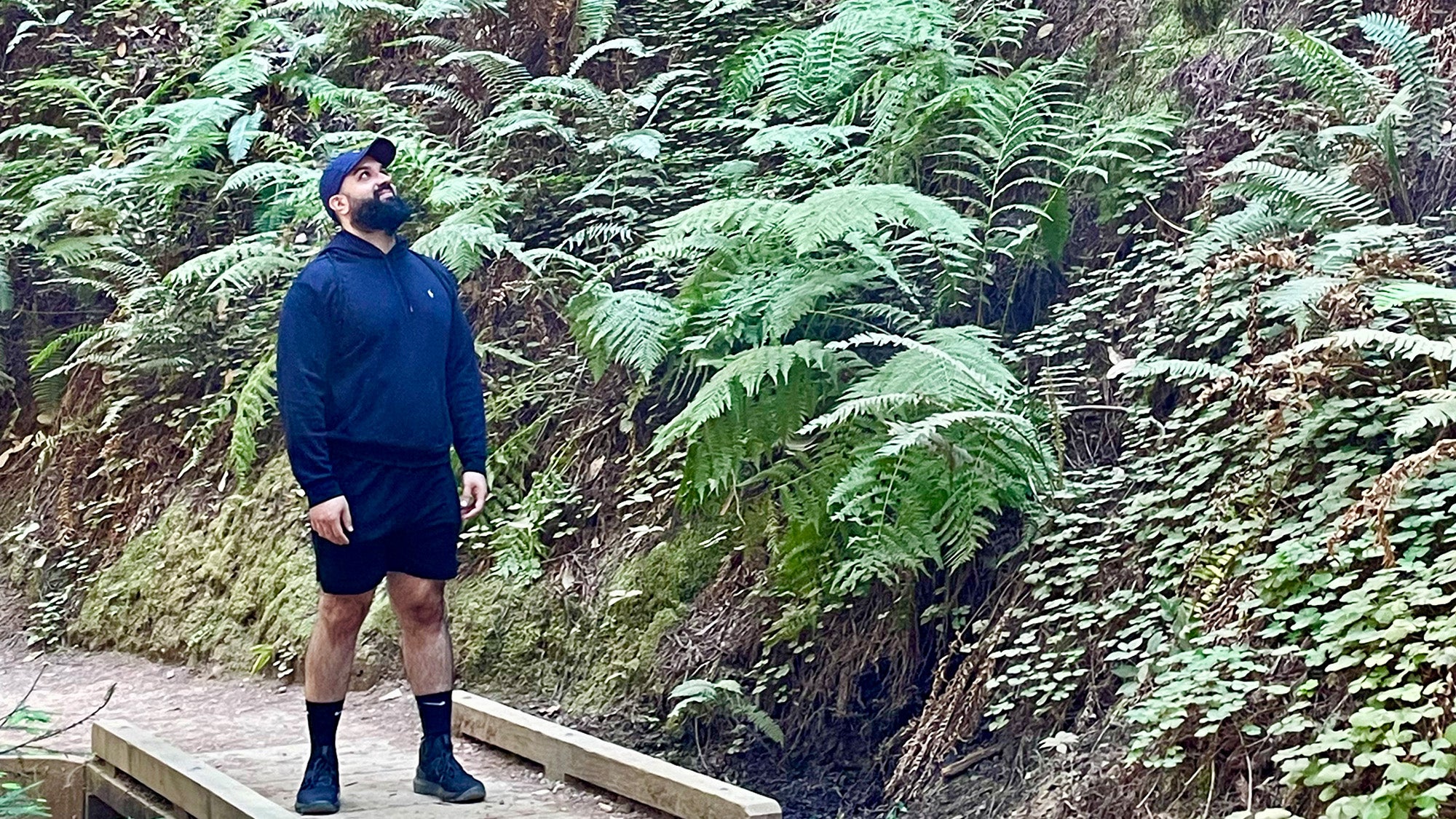
Alan Hernandez Gutierrez, MPH ’26, manages a health clinic while taking classes and just had his first paper published.
Alan Hernandez Gutierrez never expected that the first article he’d ever written would get published, much less on the first try. He’d drafted “Ethics of advancing racial health equity in public health” for a course, drawing on his personal background and experiences as a health clinic manager in the San Francisco Bay area. The paper looked at the Abundant Birth Project, a pilot guaranteed income program for Black and Pacific Islander mothers—one of several guaranteed income programs launched by the city to tackle disparities among specific groups, and the only one that has not yet been terminated following anti-discrimination litigation.
Hernandez Gutierrez argued that the idea that health equity programs are discriminatory is misguided, and that initiatives such as the Abundant Birth Project are not just ethical but “obligatory if we are to shape a society that ensures all have equal rights to health and dignity.”
His ethics instructor Susannah Rose encouraged him to see if he could get the paper published or present it at a conference. After giving it an additional polish over the summer, he wrote up a list of potential journals and submitted it to the first one on his list, the Oxford Journal of Public Health. To his surprise, it was accepted and published in September.
His practicum advisor Bill Bean is thrilled for Hernandez Gutierrez and enjoys taking the opportunity to brag about him. “In working with Alan, there is a real sense of joy that he has in learning new things and opening himself up to the possibilities of public health,” he said. “His optimism and excitement are palpable.”
Hernandez Gutierrez recently spoke about why he advocates for racial health equity and his path into public health.
Q: Why did you choose to write about the ethics of advancing racial health equity in public health?
A: I watched what was happening with San Francisco’s guaranteed income pilot programs. People who were challenging these programs in court were using language around equity and inclusion and calling them discriminatory because they focused on helping certain groups. It really rubbed me the wrong way to see the type of language that had been used to uplift me and my community as a young gay man now being used in legal arguments against these programs.
In my work as a health clinic manager, I’ve been involved with health equity initiatives for years. It’s always felt like a very normal bread-and-butter aspect of our work to prioritize finding ways to help the most impacted folks. Seeing these court cases, where health equity was viewed through a lens where it wasn’t considered ethical, led me to want to dig in and try to understand what was going on.
In this country, people like to blame individuals for their “poor choices.” But there is a larger system impacting not just the choices people make but whether they even have a choice available. Two people with identical aspirations or goals can have distinctly different outcomes in spite of having the same personal motivation, due to both their access to resources and how they are valued in society—both of which are arbitrary. I believe that when you help those who are most impacted, ultimately, you end up removing barriers for everyone.
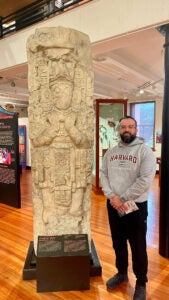
Q: What was your path into public health?
A: It started with archaeology—which was an obsession when I was a kid. That led me to anthropology, which was one of my undergraduate majors at the University of California, Berkeley. I took a couple of medical anthropology courses, and one of them delved into medical racism and the history of race. I got really interested in the subject and what it looks like in modern society, so going into health care and public health after I graduated made a lot of sense to me.
I really wanted to have some sort of impact, so I joined a federally qualified health center, the Haight-Ashbury Free Clinic in San Francisco. I started off at the front desk, primarily registering patients. But within a couple of months, I was able to move into a manager position, and my career took off from there.
At the practices where I’ve worked, I’ve been able to design innovative and interesting interventions to tackle specific issues that we see with our patient populations. For example, at the Haight-Ashbury Free Clinic, I worked on substance abuse screening in our dental clinic, getting folks looped into our addiction services in the primary care clinic. Now that I’m a clinic manager at Stanford Health Care, the patient population I serve is very different, but the job is still a lot about project design and meeting needs.
I currently manage the endocrinology and internal medicine clinics, in addition to an express care clinic that we opened over the summer. It is essentially a middle area between primary and urgent care and has been a way to increase timely access for our current patients and people who might not already have a history with us. As my practicum for my MPH degree, I worked with other members of my team to design the express care clinic, which involved, for example, thinking about what types of patients we’re going to see and what resources we’d need.
Q: Why did you decide to pursue an MPH Generalist degree?
A: I had always planned to go to graduate school and earn a PhD, but I felt burned out after my bachelor’s degree and wasn’t sure where to go. As I continued working in public health and health care, it became clear that it’s something I really love and am passionate about. I wasn’t ready to commit to a PhD, but this program allowed me to test the waters.
Throughout my professional experience, I’ve learned a lot about the social determinants of health and health equity. But I really wanted an academic foundation in these concepts and how to apply them.
Q: How has your experience been so far?
A: It’s been really great. I cannot imagine a better program to have been in. The staff are supportive, and the faculty have been amazing. I mainly complete my work in the evenings and on the weekends, but whenever there’s an opportunity for a live session, I love to jump on. I also took advantage of the optional in-person summer session.
I message a few faculty in the program frequently like Bill Bean. I feel so much at home with Harvard Chan School, even though it’s remote. I feel like the program does a great job at cultivating a community, not just with the other generalist students, but with the staff and faculty.
Q: What are your career goals after you finish your degree?
A: I’m at a fork in a road. I would love to do a PhD around health policy or medical anthropology. At the same time, I really love the work I’m doing in public health and health care. I get to see a lot of what’s going on in people’s lives day to day, and I feel like sometimes with academia, it’s possible to have a little too much separation. If I continue working in health care and public health administration, I would love to design interventions with a larger scope beyond my clinic. If I decide to focus on academia, I’d love to go into health policy.
Q: What keeps you motivated to work in public health?
A: It really excites me. The world can feel hopeless right now, but public health imagines what a better future can look like. It’s helped me understand that we have the resources and the know-how to make change—it’s really just about finding the political will to actually do things.
Quick hits
My favorite way to unwind is putting on my headphones and just listening to music. As I’ve gotten older, I’ve become open to any type of music that sounds good to my ears—anything from classical to Chappell Roan.
I taught myself to juggle last year. I always wanted to learn. Now I can do a very basic three-ball juggle, nothing fancy.
Circe by Madeline Miller is a book I like to recommend. It’s about working for your magic. I’ve loved Greek mythology since I was a little kid, and this book subverted how I thought about it. I think the trope of being born with a skill or power is a little boring. I like the idea that through hard work, trying and failing, you get to do something wonderful.
